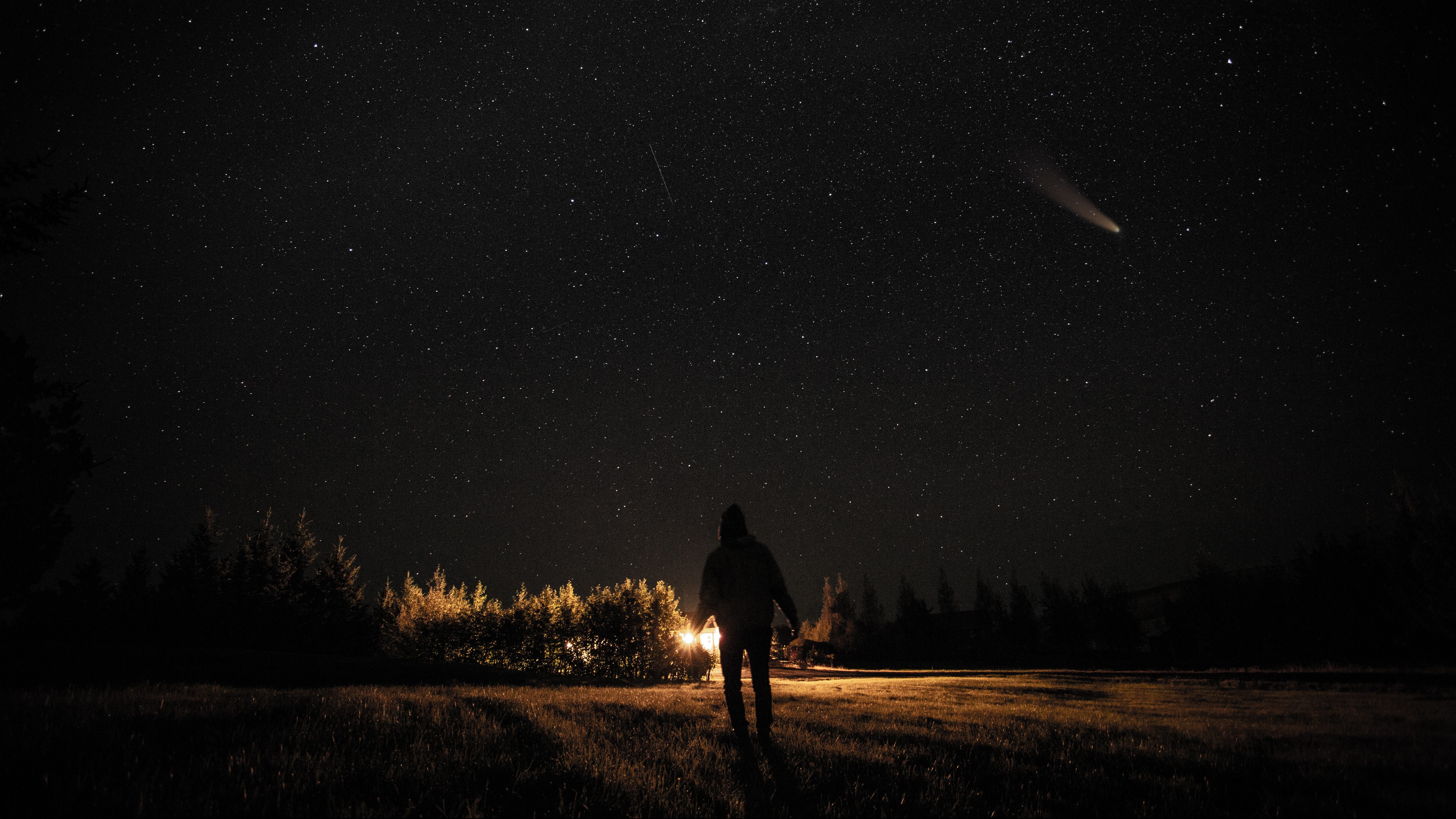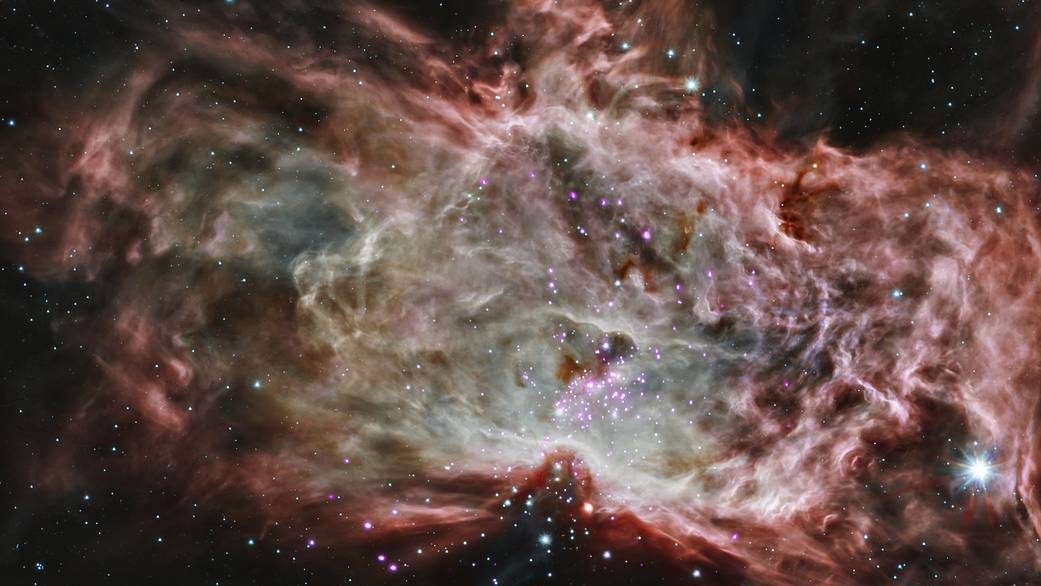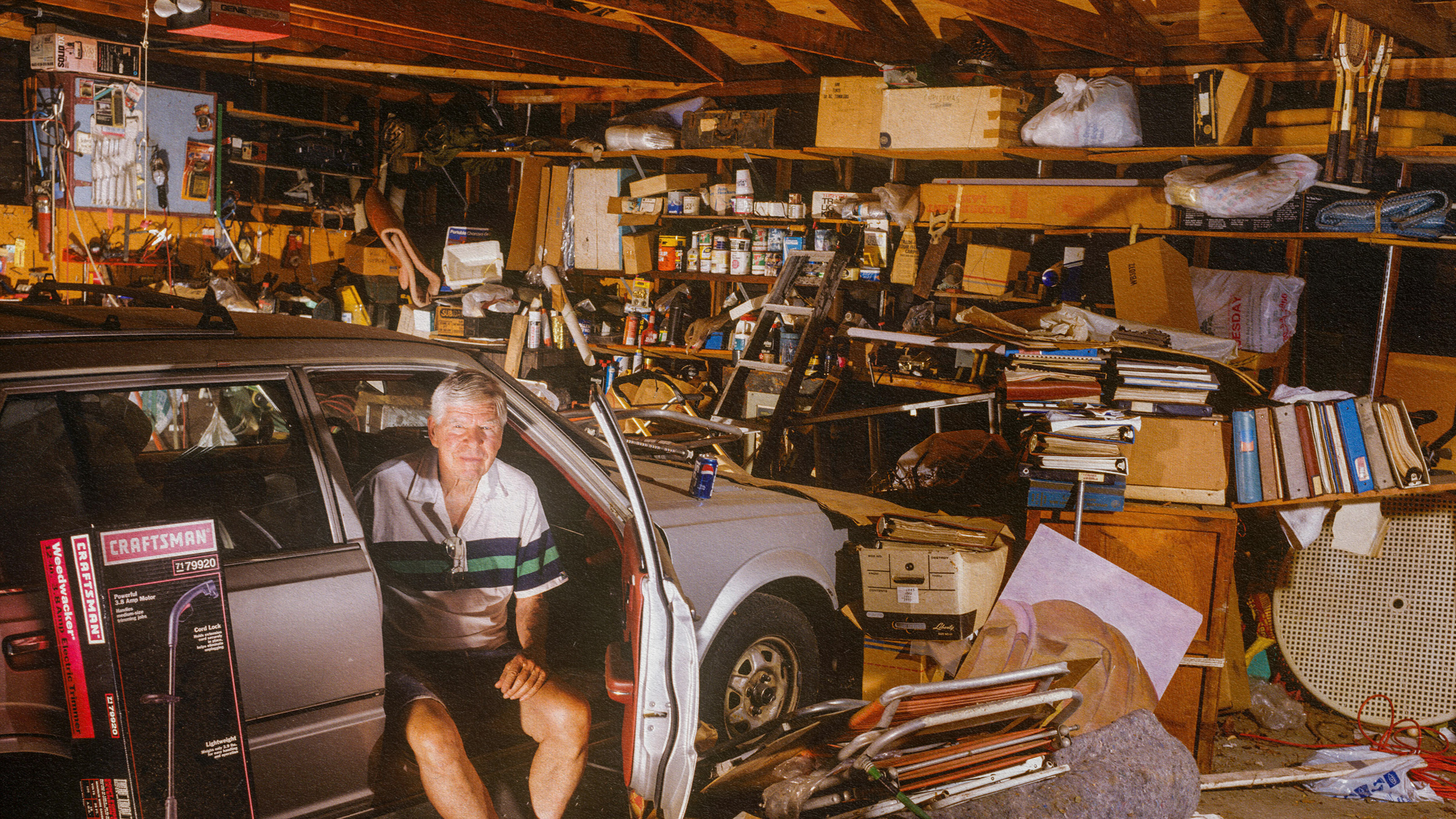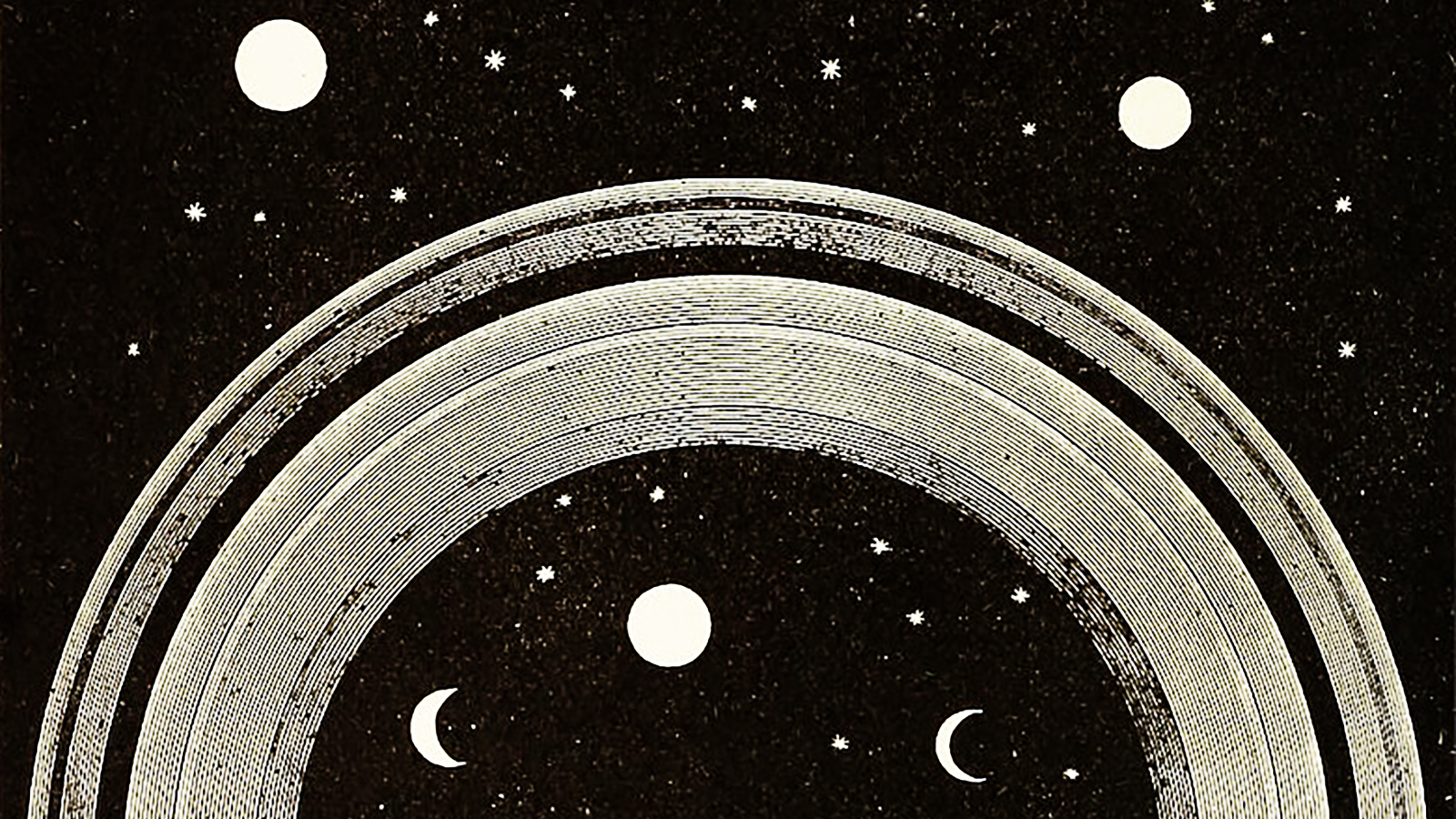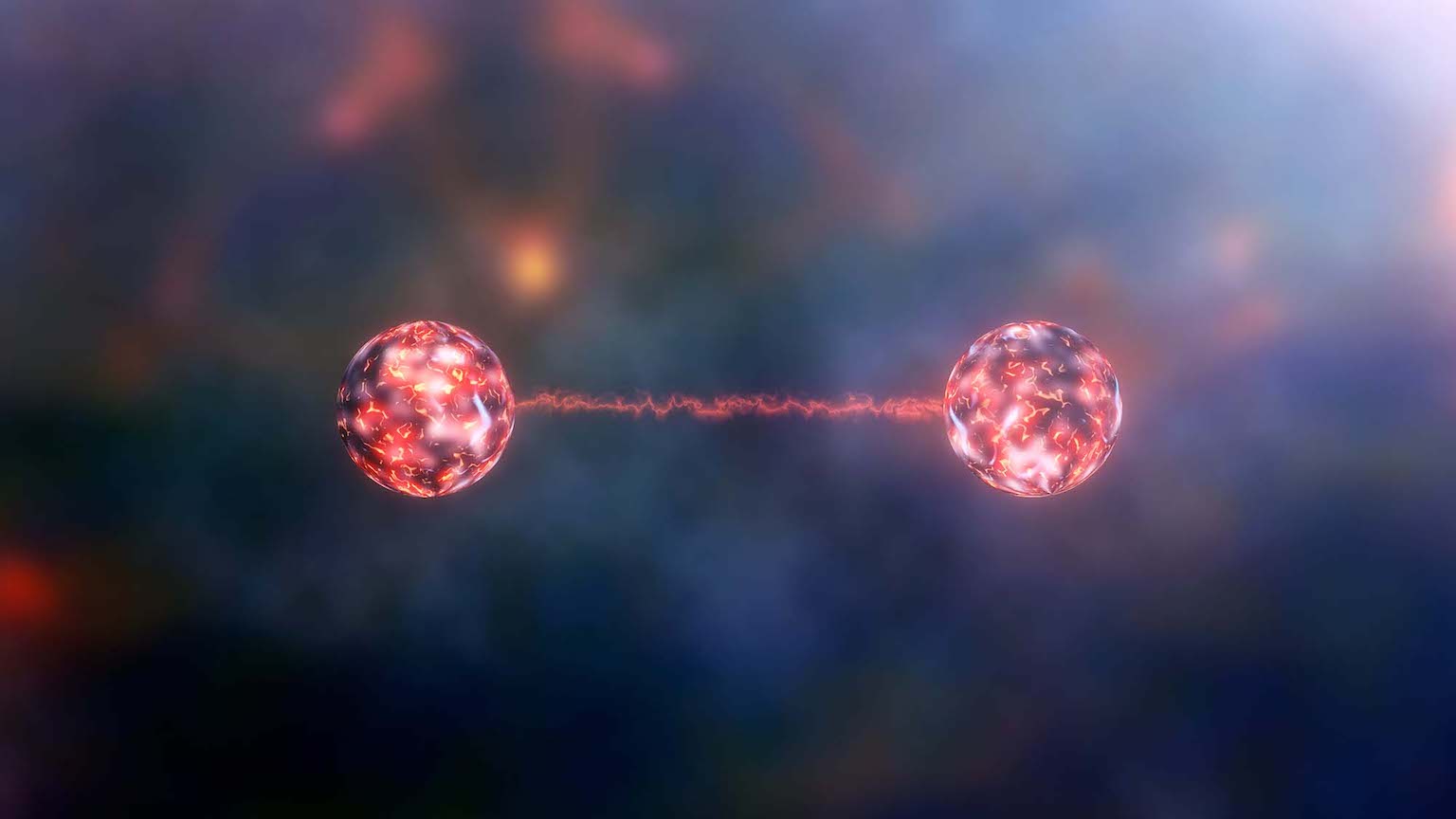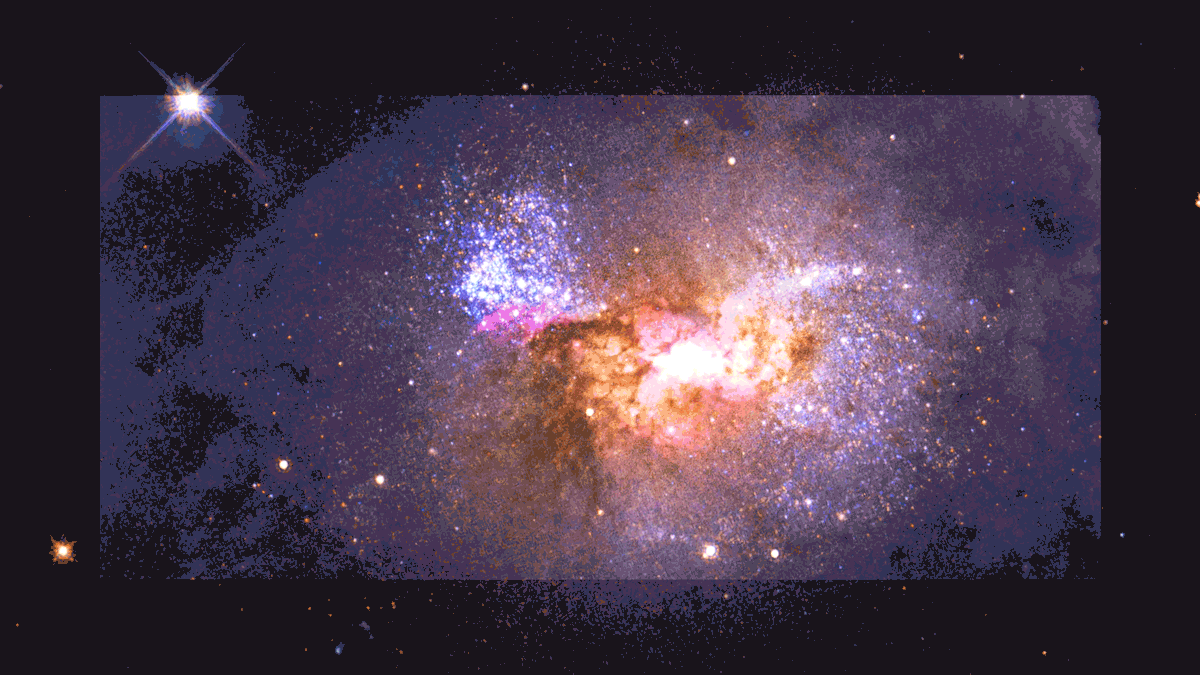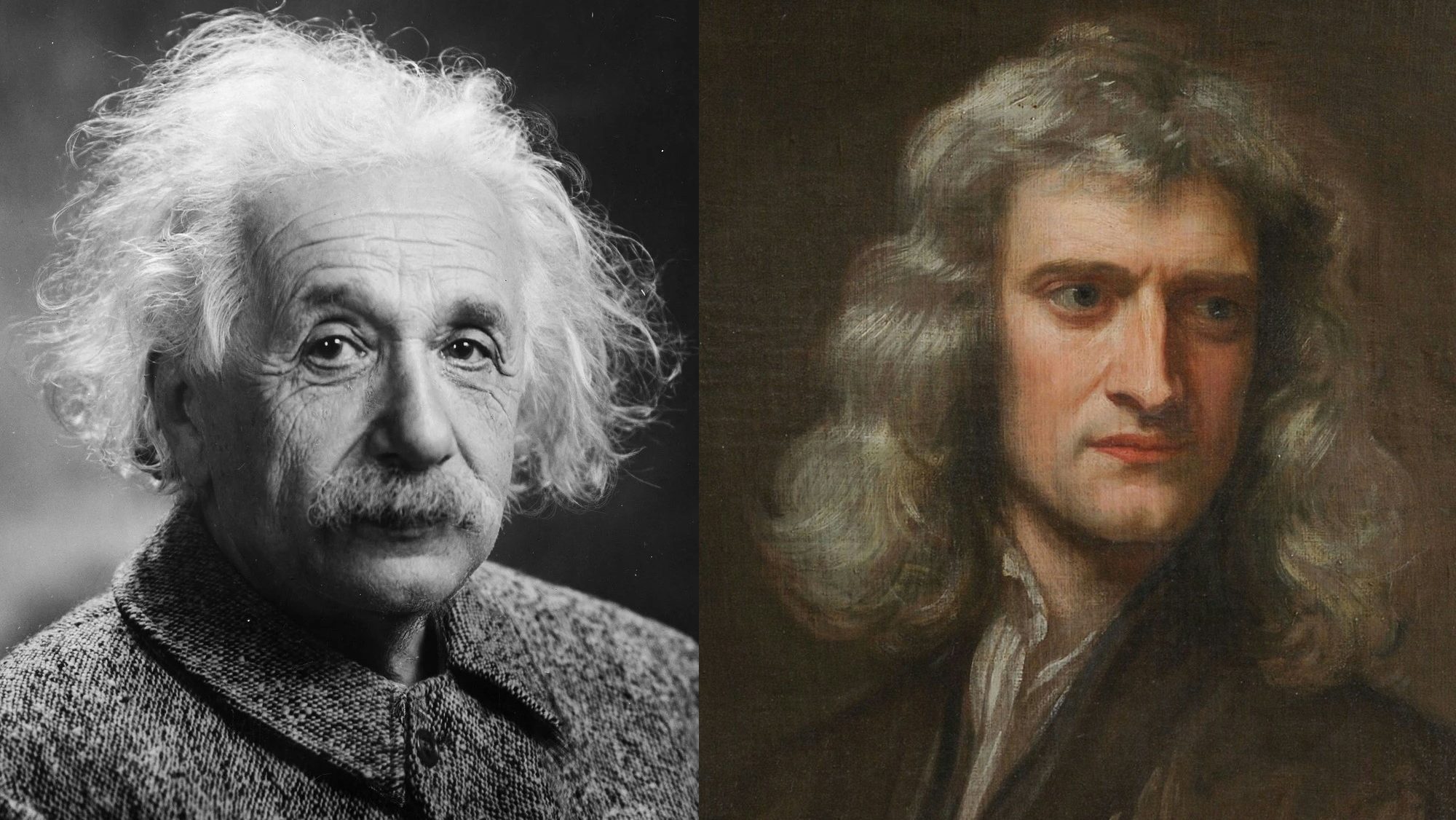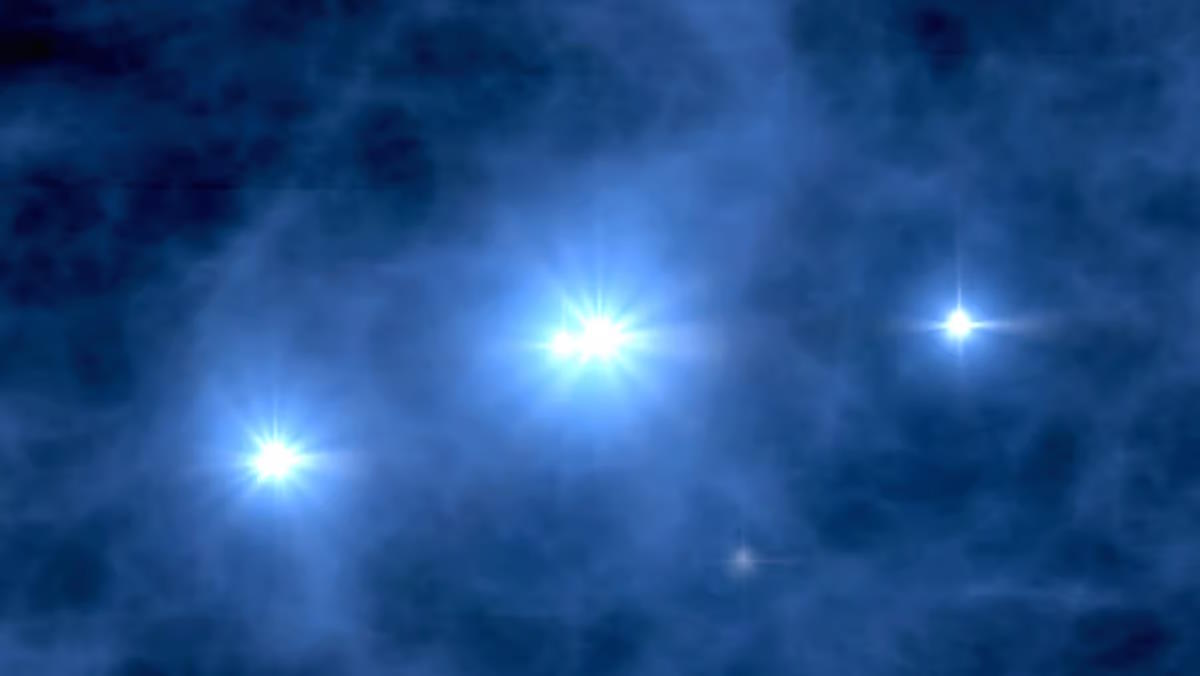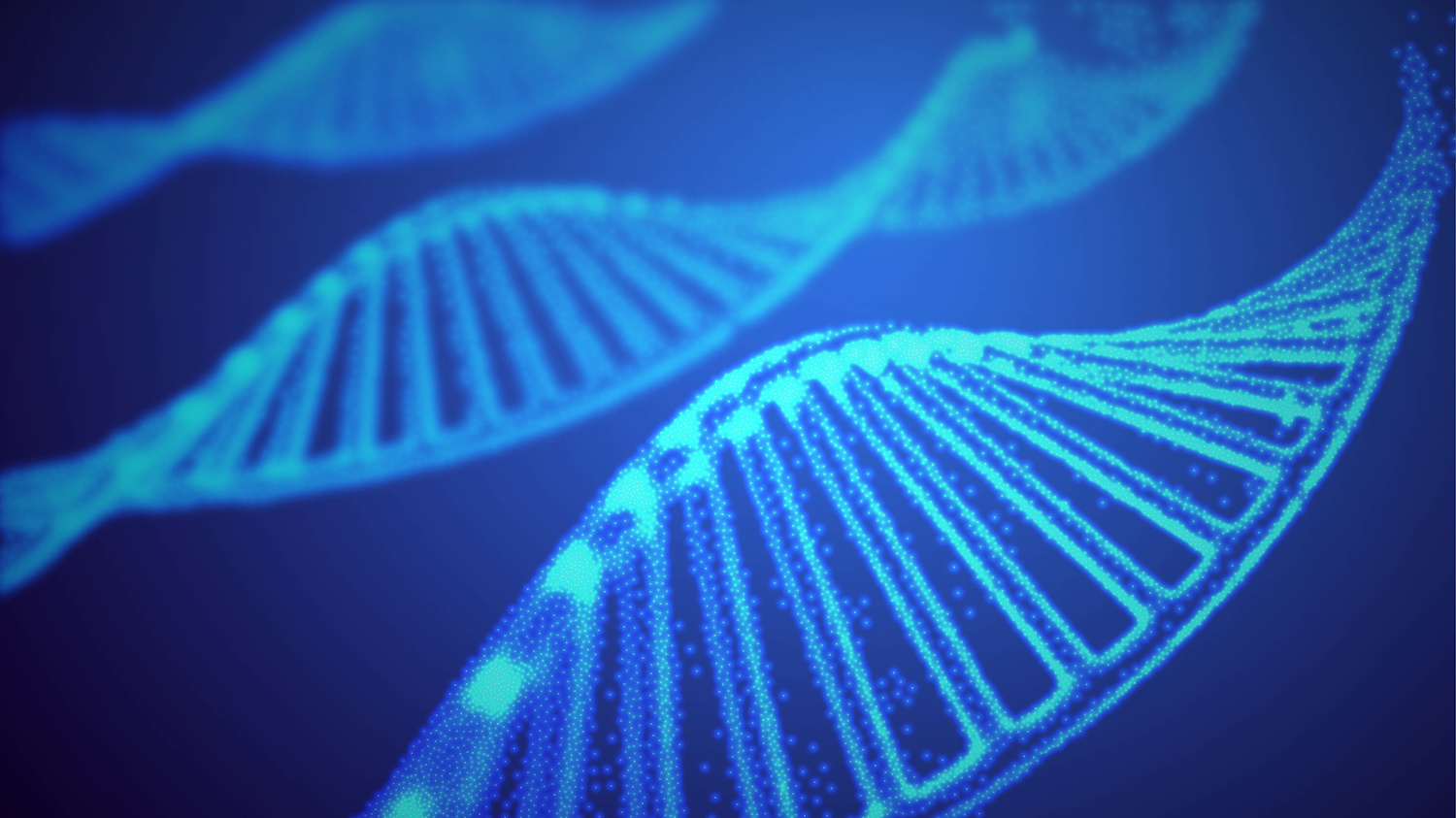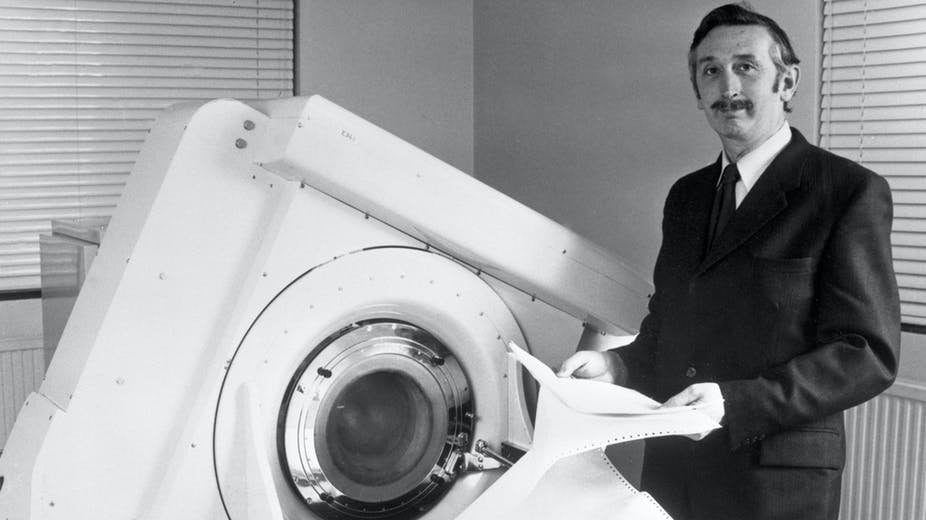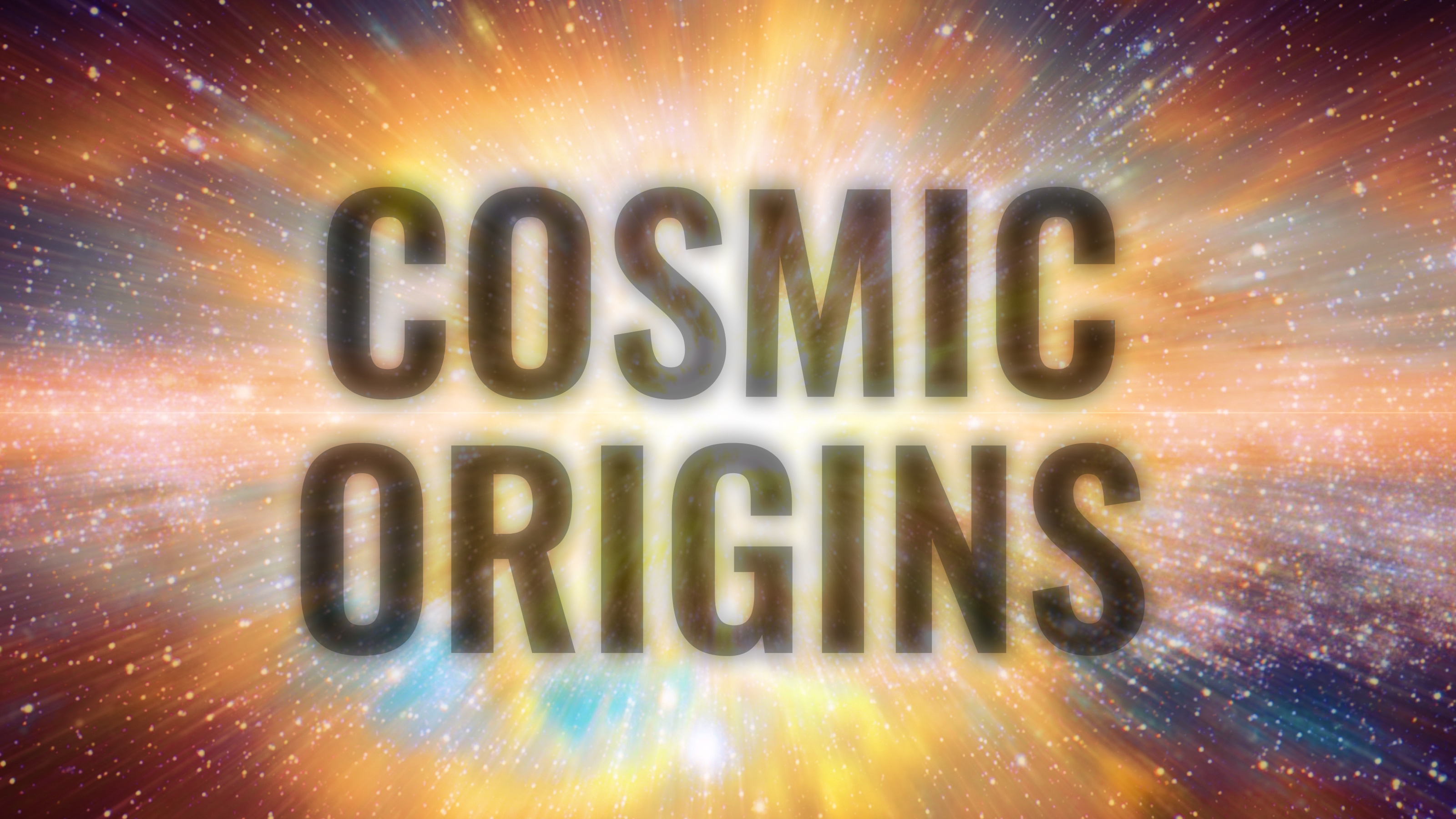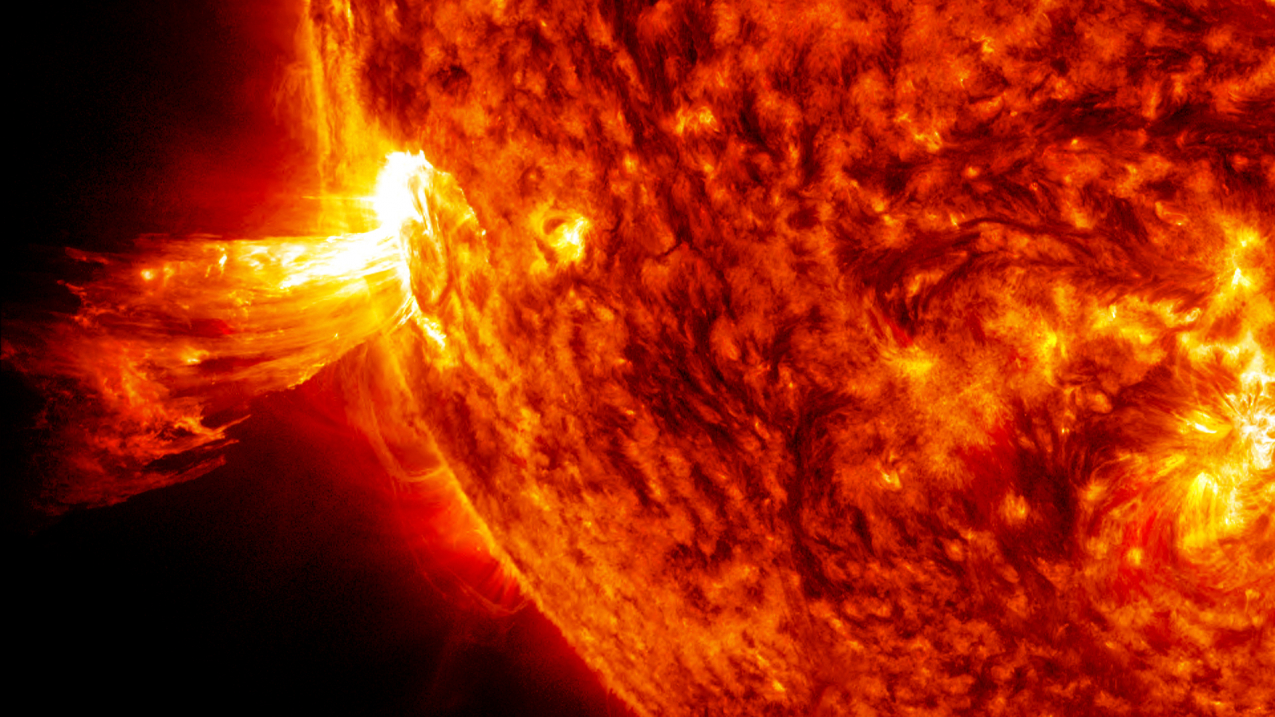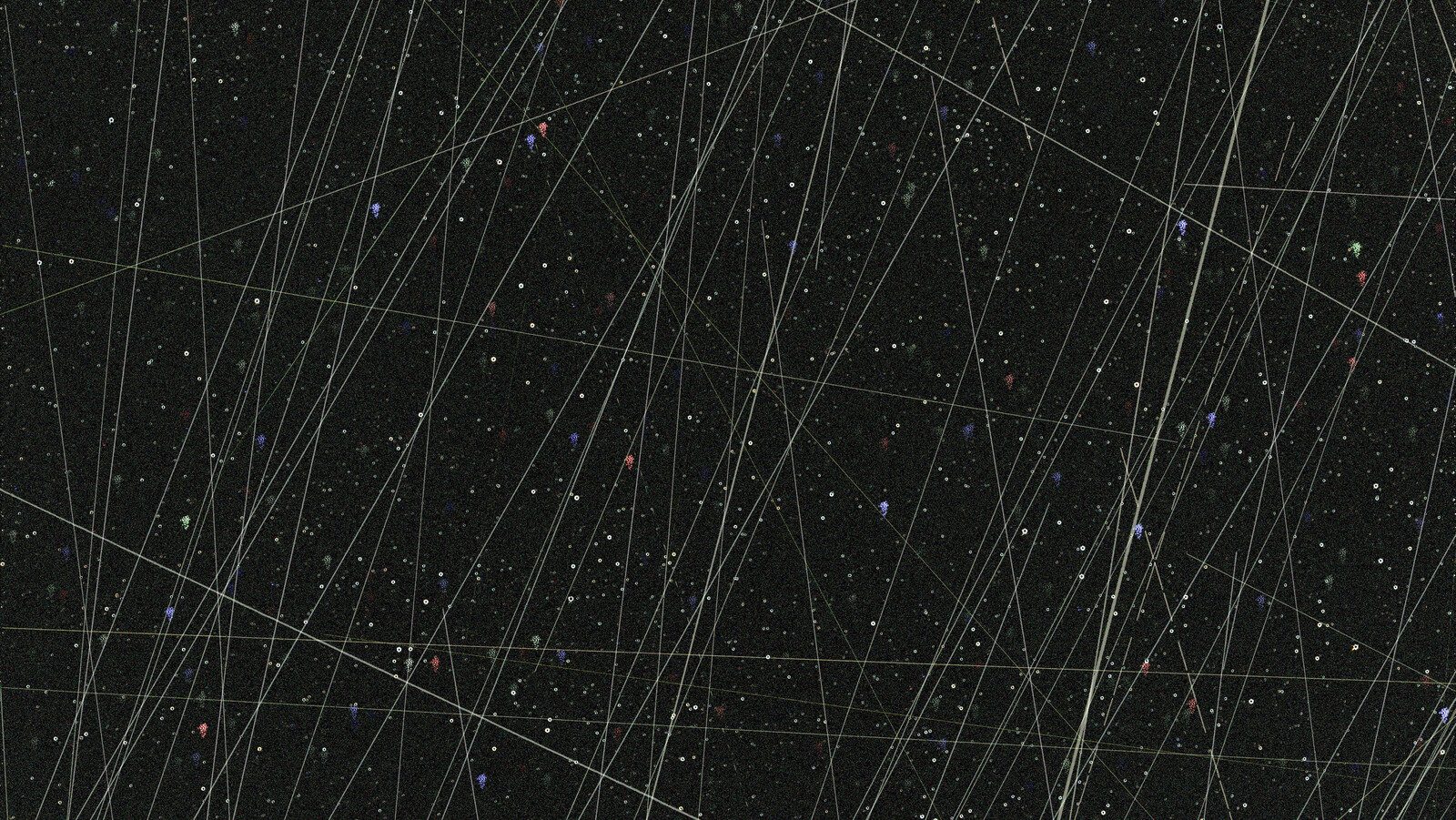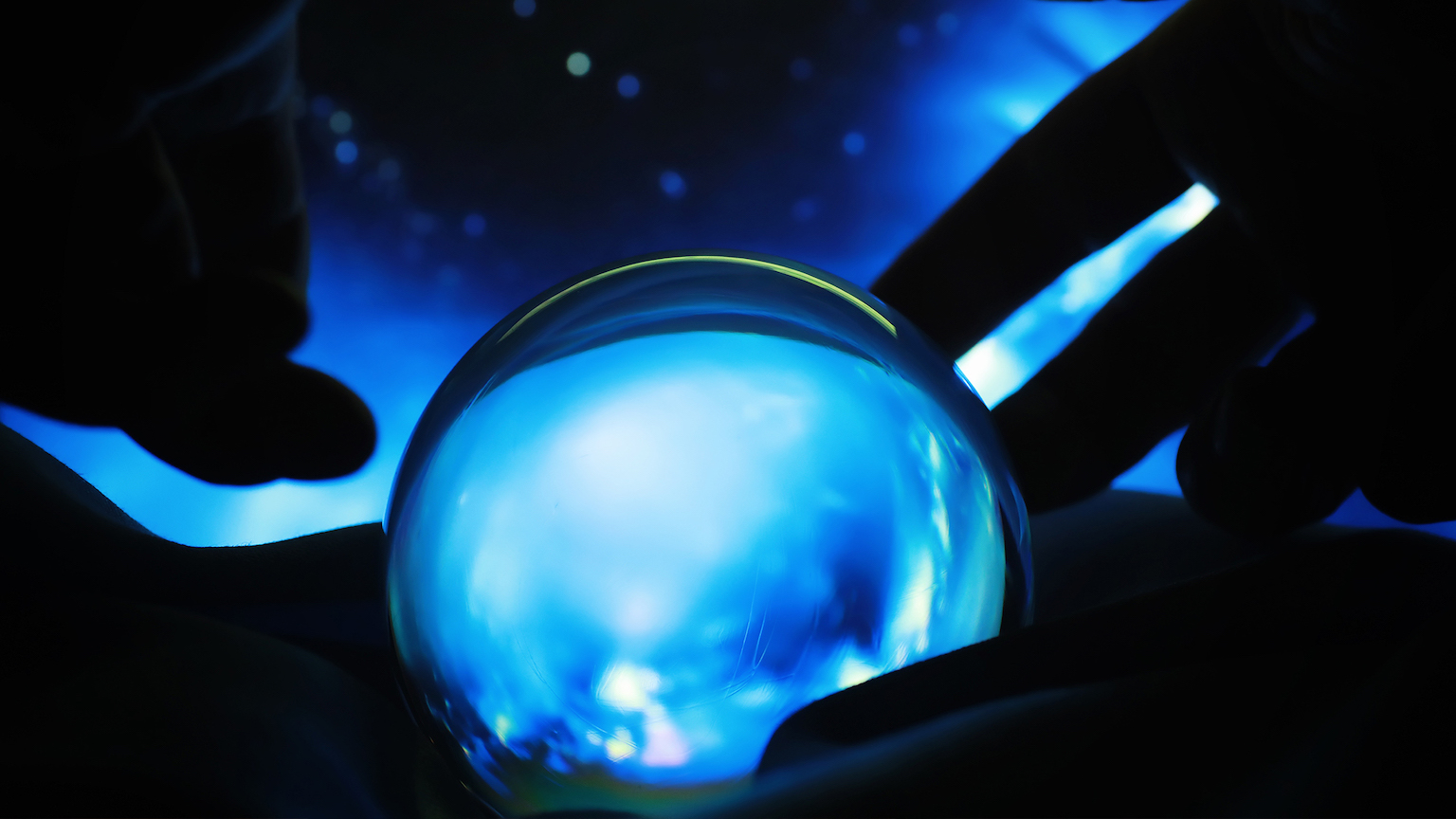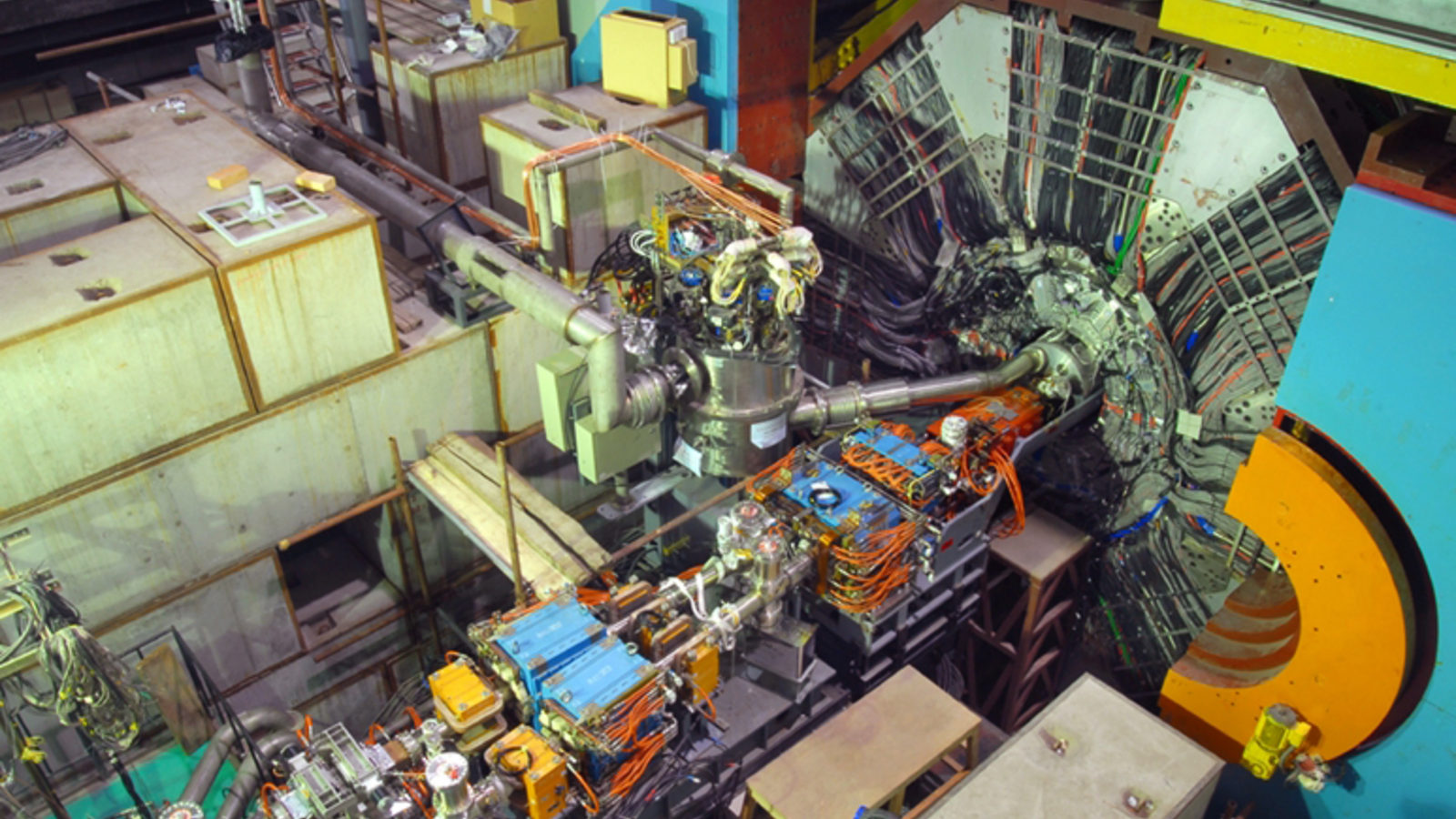“Should they strike, each of them has an energy at impact equal to all of the nuclear weapons on Earth combined.”
Search Results
You searched for: Systems
The Universe changes remarkably over time, with some entities surviving and others simply decaying away. Is this cosmic evolution at work?
New research from MIT is unintuitive but could lead to a better system.
Now that the DSM lists severe hoarding as a disorder apart from OCD, psychologists are asking what explains its prevalence.
How do you get usable phosphorus into a system? A new study suggests lightning can do the trick.
“Once quantum mechanics is applied to the entire cosmos, it uncovers a three-thousand-year-old idea.”
It’s about 7.6 million times faster than what you probably have at home.
Einstein hated “spooky action at a distance,” but much to his chagrin, quantum mechanics remains as spooky as ever.
The first stars in the Universe were made of pristine material: hydrogen and helium alone. Once they die, nothing escapes their pollution.
In all of science, no figures have changed the world more than Einstein and Newton. Will anyone ever be as revolutionary again?
It’s time to let go of those emails from your cousin and the photos of your dinner.
Many were hoping that JWST would find the first stars of all. Despite many hopeful claims, it hasn’t, and probably can’t. Here’s how we can.
The development of the revolutionary gene-engineering tool CRISPR is a tale fit for the big screen.
Godfrey Hounsfield’s early life did not suggest that he would accomplish much at all.
We just observed the first ‘lunar formation’ in an exoplanetary system. This one image, above, is the first to show moons actively forming around a planet. This colourful image shows […]
To Fred Hoyle, the Big Bang was nothing more than a creationist myth. 75 years later, it’s cemented as the beginning of our Universe.
Awe-inspiring moments can be found in our daily lives, and they have surprising benefits for our health and sense of well-being.
Although it’s often described as the Amazon of China, Alibaba has a radically different business model that does not rely on inventory management.
Since the dawn of history, humans have pondered our ultimate cosmic origins. Now in the 21st century, science has gone beyond the Big Bang.
A Carrington-magnitude event would kill millions, and cause trillions of dollars in damage. Sadly, it isn’t even the worst-case scenario.
A recent study of Iceland’s Krafla volcanic caldera suggests hidden magma pools may be lurking under many of the world’s volcanic systems.
In 1957, humanity launched our first satellite; today’s number is nearly 10,000, with 500,000+ more planned. Space is no longer pristine.
The replication crisis has debunked many of psychology’s fair-haired hypotheses, but for the marshmallow test, things have only become more interesting.
We pretend to be in control, but we have frighteningly little knowledge upon which to base our life’s decisions.
Scientists ranked countries on their end-of-life care. The U.S. fared poorly.
A black swan event is rare but disruptive — and might be predictable.
Scientific surprises, driven by experiment, are often how science advances. But more often than not, they’re just bad science.
Psychologists are finding that moral code violations can leave an enduring mark — and may require new types of therapy.
There has been a 600% increase in European gas prices so far in 2021.
